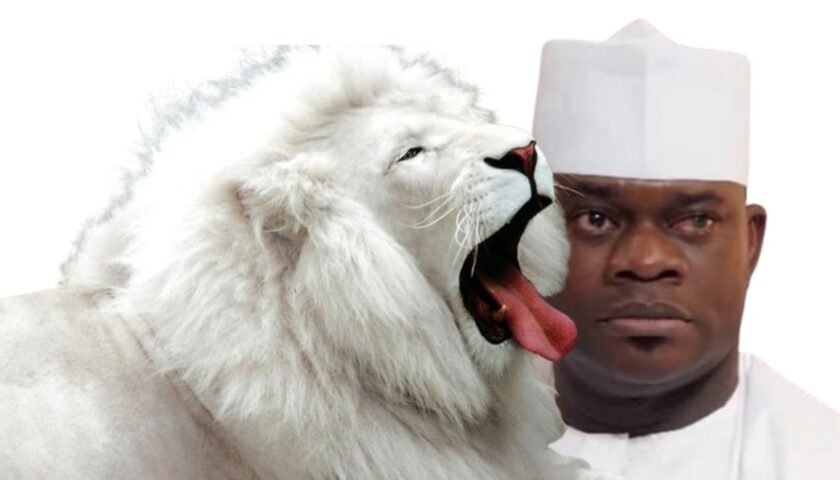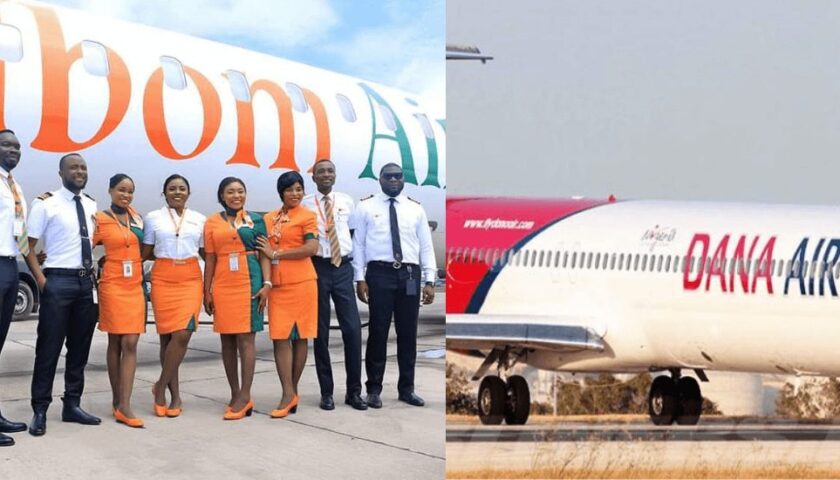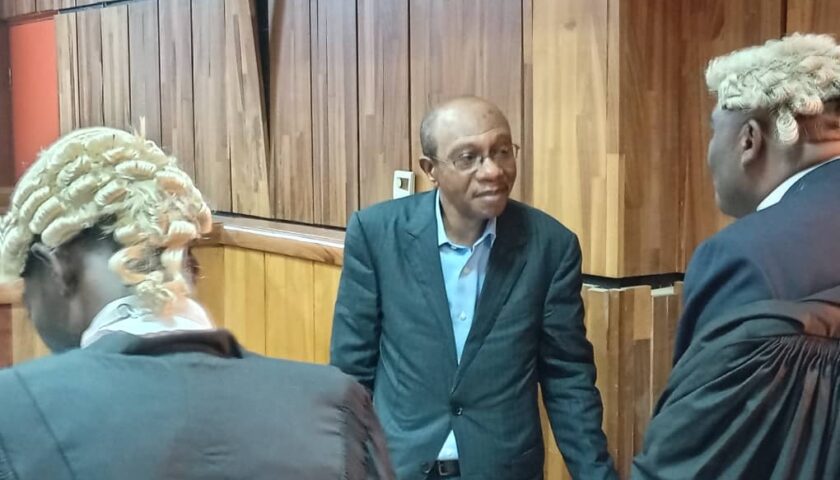Capt. Musa Nuhu, the Director-General (DG) of the Nigerian Civil Aviation Authority (NCAA), has stated categorically that the pilot of Aero Contractor Flight NIG382 acted professionally by returning to base after it encountered bird strike on take-off at the Port Harcourt International Airport (PHIA), Port Harcourt, Rivers State.
Nuhu said that the aircraft, a Boeing 737-500 with the registration number 5N-BKR, was heading to Nnamdi Azikiwe Airport (NAA), Abuja on Monday afternoon, when the incident happened. The NCAA boss explained that the pilot made a circuit and returned to base within eight minutes after the incident, insisting that the pilot did not only act professionally but that pilot’s action was also in order.
It would be recalled that the aircraft had departed PHA at 2.06p.m. for Abuja with 91 persons onboard made up of 85 passengers and six crew members and made air return at 2:14p.m. The DG said that the incident led to the damage of the aircraft’s blade, and that Aero Contractor engineers were currently fixing the damage part of the aircraft in Port Harcourt. He further explained further that the airline brought another aircraft to airlift the passengers to Abuja within 90 minutes of the incident.
“Boeing 737-500 aircraft with the registration number: 5N-BKR belonging to Aero Contractors departed Port Harcourt to Abuja, but, during takeoff, it had a bird strike, and the pilot continued the take-off, but made a circuit and returned to base in Lagos,” the DG explained.
He continued, “That is what is supposed to be done. Pilots are trained for that. At the point he had the bird strike, he could not abort the takeoff. So, he continued with the takeoff and returned to base. They restarted the engine and discovered that some parts of the blades were damaged. Within 90 minutes, Aero Contractors came with a different aircraft to rescue the passengers.
“As we speak, maintenance is going on to fix the damaged blade and when they finish, NCAA inspectors will inspect it and certify it if all the parameters – engines, blades and others are okay, they will be released for flight,” he said.





